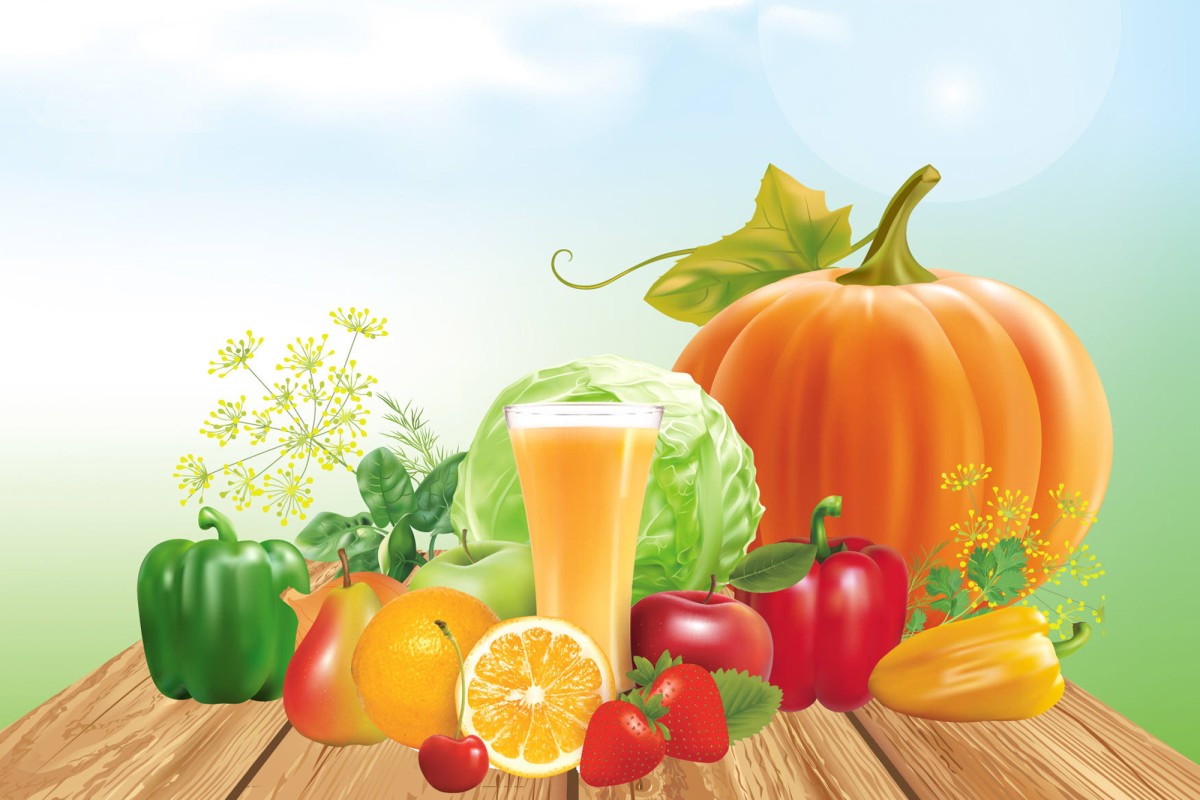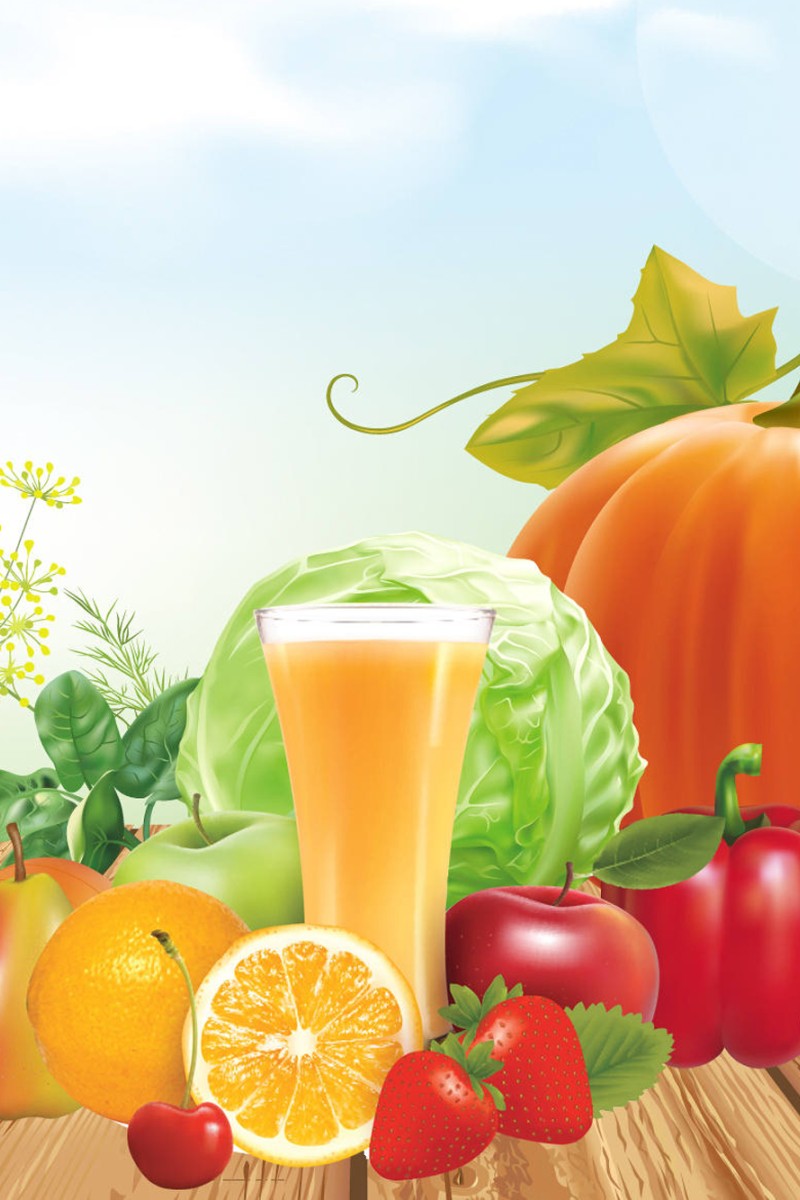
Christmas and New Year's have finished, but with Lunar New Year coming up on February 19, the holiday season isn't over yet. That means holiday eating is still in full swing, when we tend to let go of healthy habits and get stuck in a bad cycle of overeating junk food.
In fact, a recent study in Australia found that eating foods high in fat, sodium, sugar and chemicals might actually make your brain less interested in healthy foods. The study, published in Frontiers in Psychology, found that rats that were given highly processed human food - like dim sum, biscuits and cakes - didn't want to eat anything else after two weeks of poor dieting. They became addicted to the junk food.
One of the first things to do to break the cycle is to stop overeating. Researchers have found that most people don't stop eating when they feel full; they stop when they have finished what's on their plate or what's available.
Coastal Fitness Performance Training founder Ed Haynes says this is one of the most common mistakes people make when snacking or indulging in holiday foods. "If you are eating to the point of feeling stuffed or bloated, then chances are you have eaten too much," he says. As a nutrition coach for athletes, Haynes recommends stopping when you feel 85 per cent full. If you overstuff yourself, your body can't use all that excess food. "When your digestive system is unable to absorb all of the food eaten," he explains, "there is a high chance of increased fat storage."
But what you eat is just as important as how much. With all of the holiday food on offer now, it's easy to forget about the important nutrients your body really needs. Dietitian and board certified specialist in paediatric nutrition, Winsy Leung, says a balanced diet is crucial, especially for teenagers.
"The diet must contain carbohydrates, vegetables, fish, protein and dairy," she says. And eating less won't help you meet your nutritional needs if you're still eating junk. Choosing healthier alternatives is the best way to get on the right track.
Many people might think switching to "fat-free" snacks is a healthy decision, but this isn't true. "Eating fat does not make you fat!" Haynes emphasises. He says people don't realise that a "fat-free" label does not mean it's good for you. "They are often still highly processed foods, and contain a load of additives and sugar," he explains.
So instead of going by labels, try to trick your brain into eating healthier foods instead. In a book on the science of eating, author Mary Roach spoke to food physicist Ton van Vliet, who said that people like crispy and crunchy foods such as potato crisps because of the way they sound. "People like [the crunch sound] most when it is around 90 to 100 decibels," Van Vliet says. This is part of the reason we can't stop at eating just one potato crisp, and end up finishing the whole bag.
Fresh vegetables such as carrots, bell peppers and celery have the same crunchy sound, but have more nutrients.
But if you don't like vegetables, there are other options, too. Popcorn can be a healthy snack - not the sweet or salty kind you find at the cinema, but plain air-popped popcorn, which gives your brain the same crunchy sound and is an easy and tasty treat.
But what if you crave something sweet? You can still enjoy sweet things without reaching for a candy bar or biscuit, says Haynes. When he gets a sweet tooth, he says he likes to have 70-85 per cent dark chocolate. "I'll only eat a few squares though, not an entire block!"
Berries and other low-sugar fruits are another great way to have your dessert without going overboard. Try mixing some berries with plain yogurt, too.
Even when eating out, you can make small decisions that lead to healthier eating. A 2007 study by the Food and Environmental Hygiene Department showed that dim sum is low in calcium and dietary fibre, and high in fat and sodium. The department recommends steamed options instead of fried, and eating about half a plate of boiled vegetables, as well.
To summarise, Haynes says: "Just because there is a bunch of unhealthy food on offer doesn't mean you have to eat it!"
